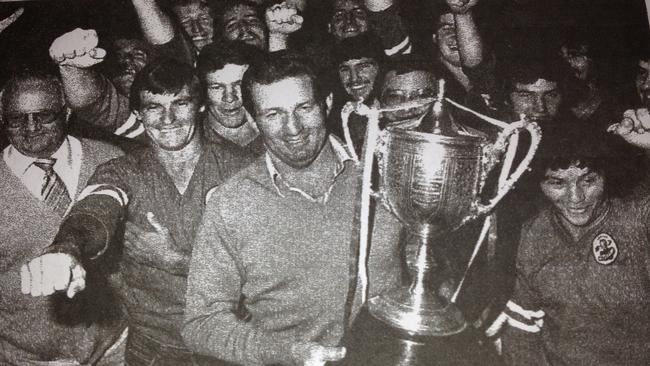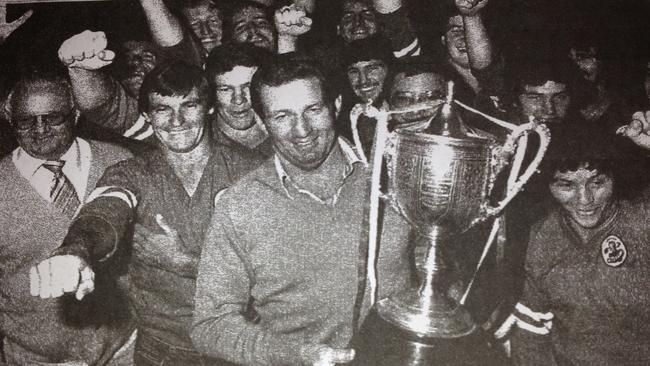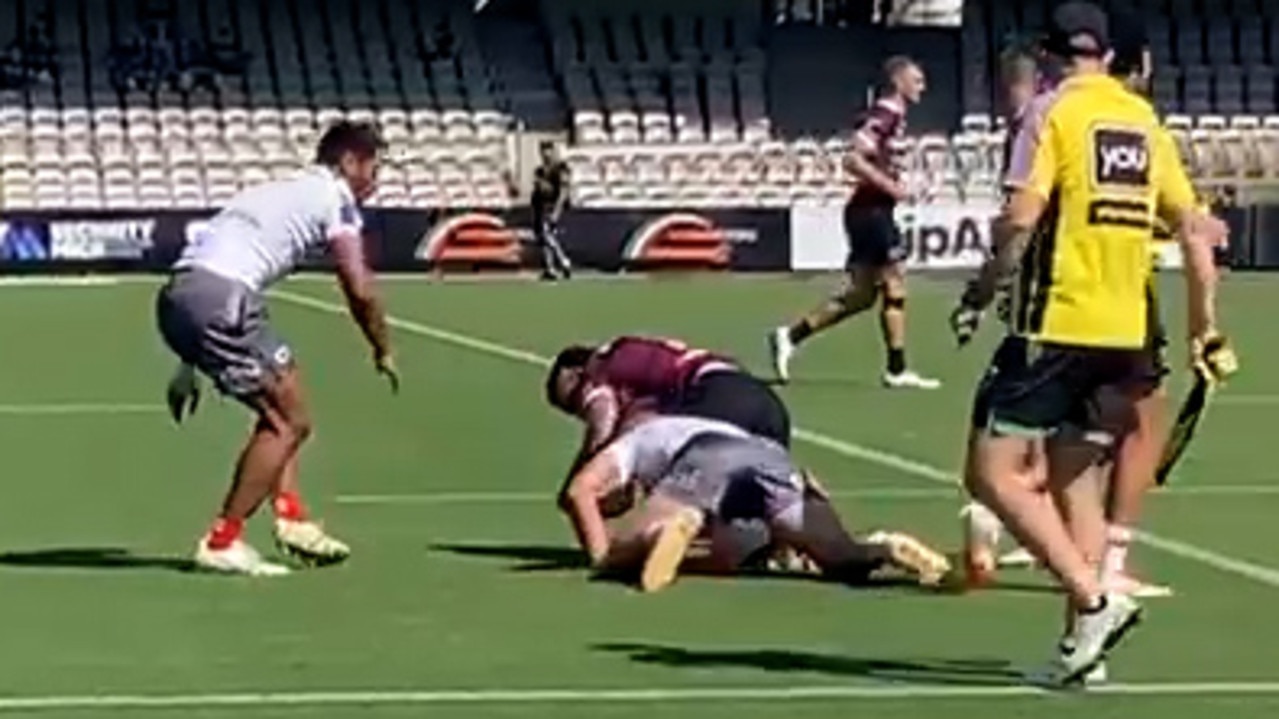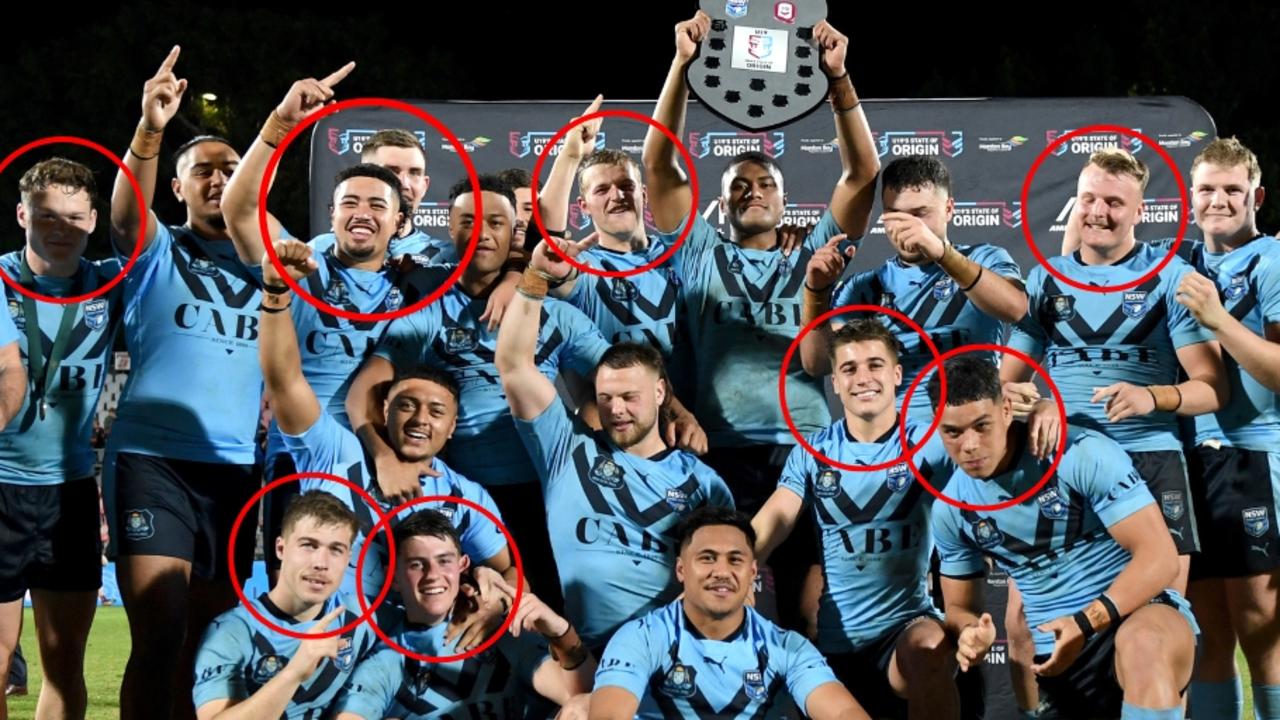Fresh twist in Graeme Langlands case
WHAT’S THE BUZZ: The family of the late Graeme Langlands has uncovered information the rugby league Immortal was not living on the Gold Coast at the time he allegedly sexually abused a girl in the 1980s.

NRL
Don't miss out on the headlines from NRL. Followed categories will be added to My News.
THE family of the late Graeme “Changa” Langlands has uncovered information the rugby league Immortal was not living on the Gold Coast at the time he allegedly sexually abused a girl in the 1980s.
Langlands’ daughter, Monique, has forwarded a statutory declaration to the family’s legal team showing he lived and coached in Wollongong in 1982.
Langlands was charged last October with six counts of indecent dealings with a girl under 16 on the Gold Coast between March and June, 1982.
He was unable to appear in a Brisbane court in December to sign bail documents because he was too sick.
WHAT’S THE BUZZ: Rabbitohs Roosters rivals come together

Criminal proceedings were suspended and the case referred to the Mental Health Court.
Langlands died at the age of 76 on January 20.
It has now been revealed Langlands spent 1982 in Wollongong as the Illawarra Steelers’ Presidents Cup coach.
Illawarra’s former chief executive and current NSWRL board member Bob Millward has provided a statutory declaration to the Langlands family’s legal team to confirm Changa lived in Wollongong.
“In 1982 the competition started in March of that year and the team went through to the semi-finals,” Millward said.
“There has been a statutory declaration provided to Langlands’ daughter Monique to confirm that. He was definitely living in Wollongong that year and coaching our Presidents Cup side.
“There is even a photo in our annual report from that year with Chang and some of the players at training.”
Langlands operated a juice bar on the Gold Coast in the 1980s.
Langlands was born in Wollongong and started his first-grade career there in 1959 before moving to St George in 1963.
He wore the Kangaroos jersey on 45 occasions, including 15 as captain, and played more than 200 games for St George.
He died on January 20 at a Sutherland Shire nursing home after suffering from dementia.
The Sunday Telegraph understands the evidence he coached in Wollongong was passed on to police a week before he died.
A family spokesman said: “We will not rest until this matter has been cleared up and our father’s name has been cleared.”
Originally published as Fresh twist in Graeme Langlands case


